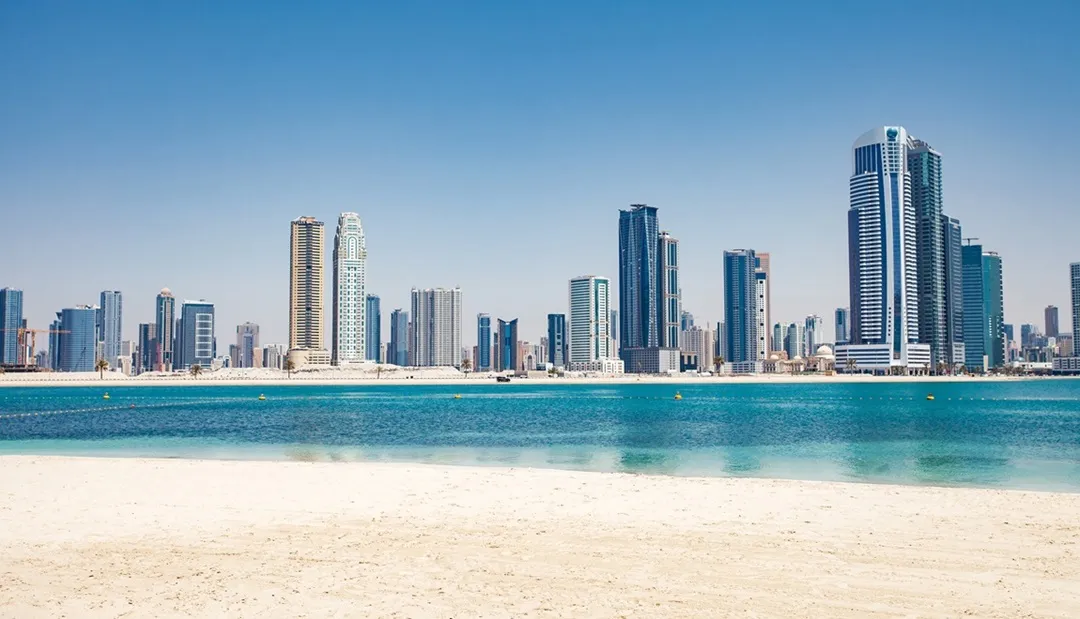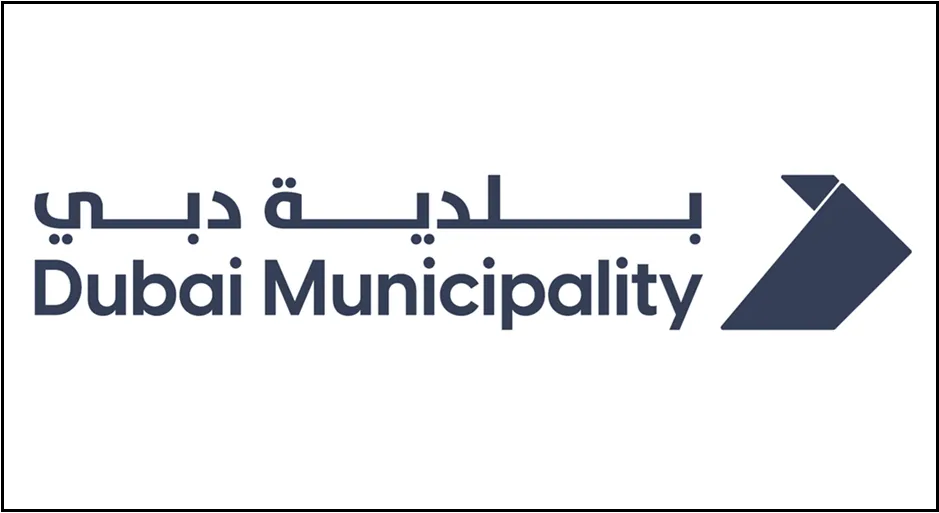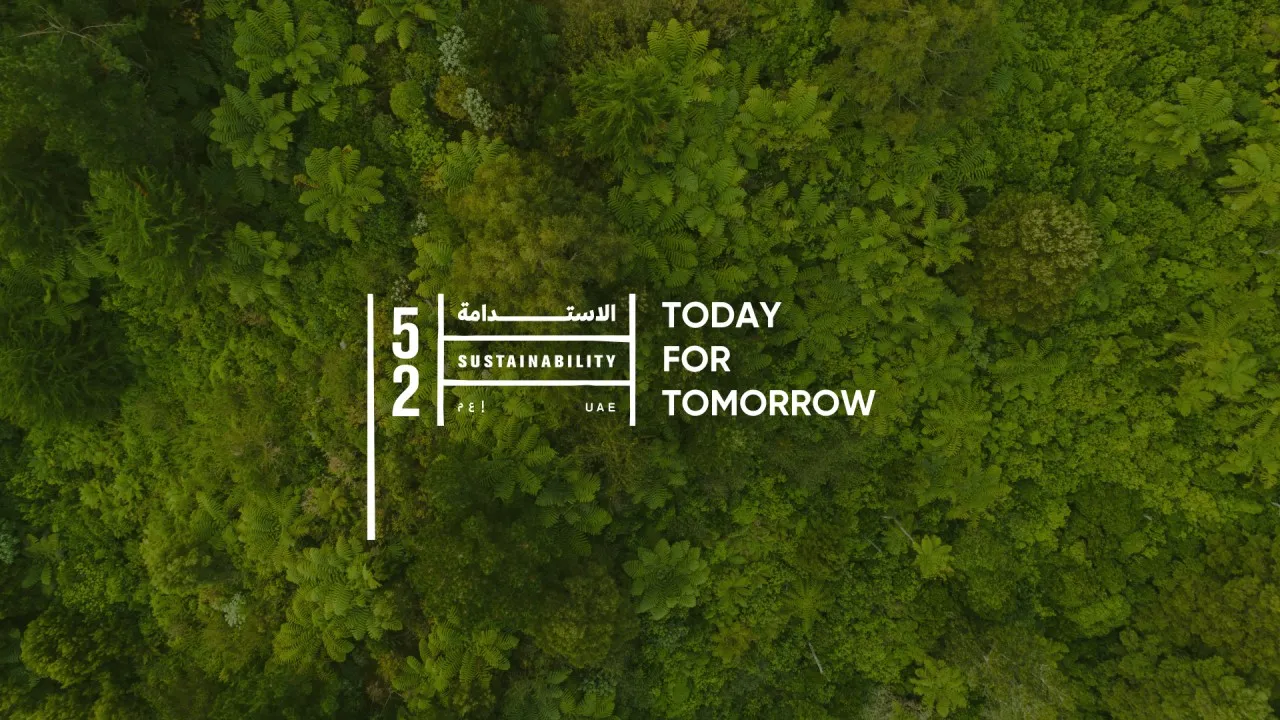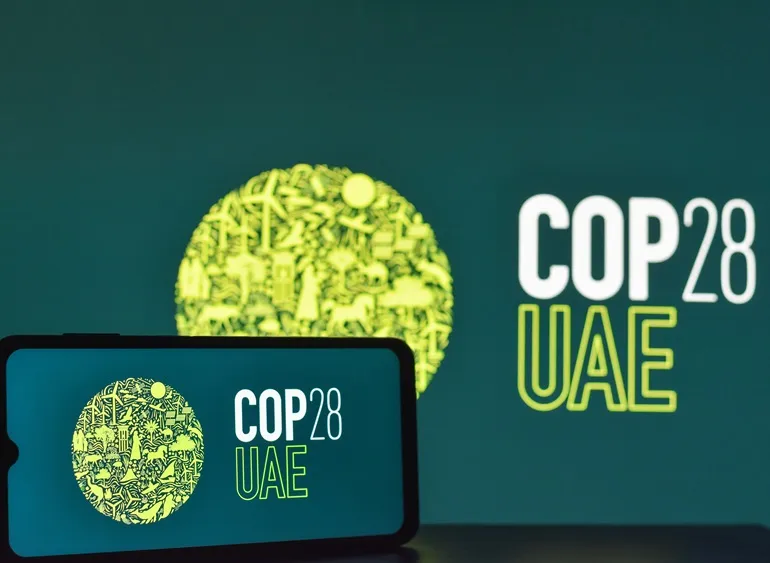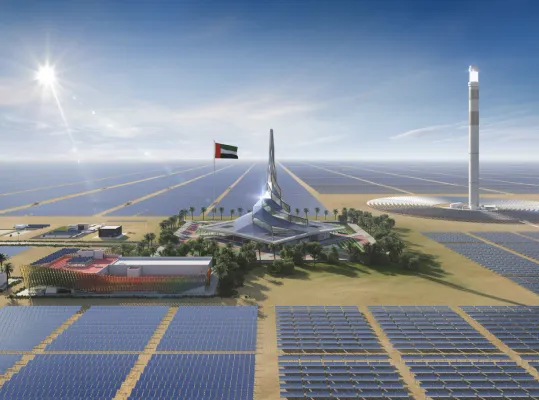skip-to-main-content
Environment and Sustainability - dda
Environment & Sustainability
Environmental Authorities
At the federal level, the Ministry of Climate Change and Environment (MOCCAE) is responsible for developing and implementing national policies and strategies related to environmental sustainability, climate change, and food security in the UAE. It oversees the implementation of environmental regulations, promotes sustainable practices, and works on biodiversity conservation.
Dubai Municipality is the primary regulatory authority for environmental protection and urban sustainability within the emirate of Dubai. It enforces environmental legislations, monitors air and water quality, and manages waste disposal and recycling initiatives. Additionally, Dubai Municipality oversees sustainable urban planning and green building regulations.
National Air Quality Agenda
The National Air Quality Agenda 2031 provides a general framework to lead and align federal and local government entities and the private sector to monitor and effectively manage air quality and reduce air pollution for a healthy and safe environment. Read the UAE National Air Quality Agenda 2031
Air Pollution Indicators
Air pollution indicators report issued by Dubai Statistics Center provides detailed data on pollution indicators from air quality monitoring stations across Dubai. The report analyzes concentrations of key pollutants, including particulate matter, nitrogen dioxide, sulfur dioxide, carbon monoxide, and ground-level ozone. It evaluates these levels against national air quality standards to assess compliance and identify trends. Read the report
Dubai's Air Emissions Smart Integrated System
The Dubai's Air Emissions Smart Integrated System is an integrated approach in the management of air quality in Dubai powered by artificial intelligence. The platform provides access to an interactive Online Emissions Inventory System according to data issued by Dubai facilities with air emission sources. Visit the system website
Related online services
Commitment to Sustainability
Dubai is committed to fostering sustainable development and preserving its environment for future generations. The city has undertaken various initiatives and projects to reduce its carbon footprint, increase energy efficiency, and promote the use of renewable energy sources.
National and Local Sustainability Initiatives
Other sustainability initiatives
Mohammed bin Rashid Al Maktoum Solar Park
The Mohammed bin Rashid Al Maktoum Solar Park is the largest single-site solar park in the world based on the Independent Power Producer (IPP) model. It has a planned production capacity of 5,000 MW by 2030, with investments totaling AED 50 billion. When completed, it will save over 6.5 million tons of carbon emissions annually.
Shams Dubai
Shams Dubai initiative encourages house and building owners to install Photovoltaic (PV) panels to generate electricity, and connect them to DEWA’s grid. The electricity is used on site and the surplus is exported to DEWA’s network.
Barakah Nuclear Energy Plant
The Barakah Nuclear Energy Plant is a national project that produces 40 TWh annually which is equivalent to around 25% of the UAE’s electricity needs. The Barakah Plant is the UAE’s largest source of electricity, with every megawatt generated being produced carbon-free.
The Barakah Plant is an important part of the UAE’s efforts to diversify its energy sources, while reducing the nation’s carbon footprint. The plant prevents up to 22.4 million tons of carbon emissions every year
Waste Management
Dubai Integrated Waste Management Strategy 2041
Dubai's Integrated Waste Management Strategy 2041 seeks to encourage innovation in waste management, recycling and energy conversion. The budget to implement this strategy is AED 74.5 billion with AED 70.5 billion as direct contribution from the private sector. Learn more about the strategy pillars.
Dubai Can
Dubai Can is a sustainability initiative that aims to reduce single-use plastic water bottle waste in the city by:
Encouraging individuals to use refillable water bottles
Enabling access to free and safe drinking water through the installation and use of water stations across Dubai
Creating a culture of conscious living by driving awareness on plastic alternatives and sustainability issues
Waste to Energy Centre
The new Waste to Energy Center in Warsan is the largest and most efficient waste-to-energy conversion facility in the world. The center has the capacity to treat around 2 million tons of solid waste annually to generate power that can meet the needs of more than 135,000 homes. Read more about Waste to Energy Center
The vast 400,000 square meter plant converts daily waste equivalent to that generated by 3 million people into energy and uses recycled water to produce the steam required to power the center’s electricity-generating turbine.
This ambitious project aligns with the Dubai Master Waste Management Plan 2041 and to creating a cleaner, greener sustainable city.
Laws and regulations on Waste Management in Dubai:
Was this content helpful
